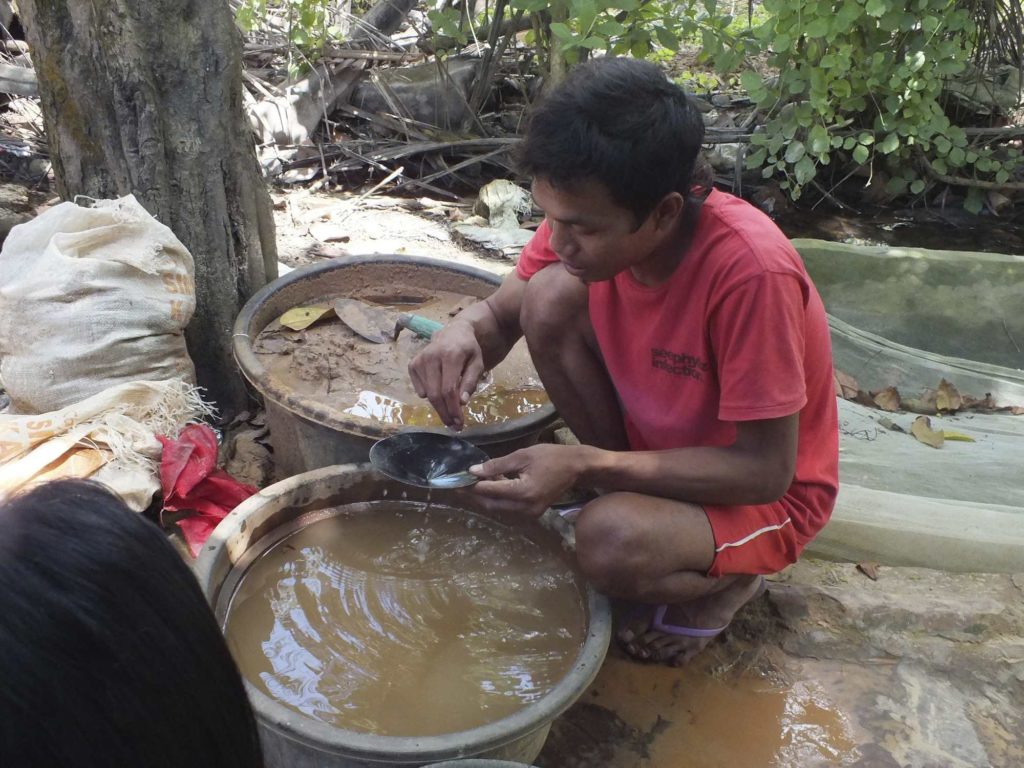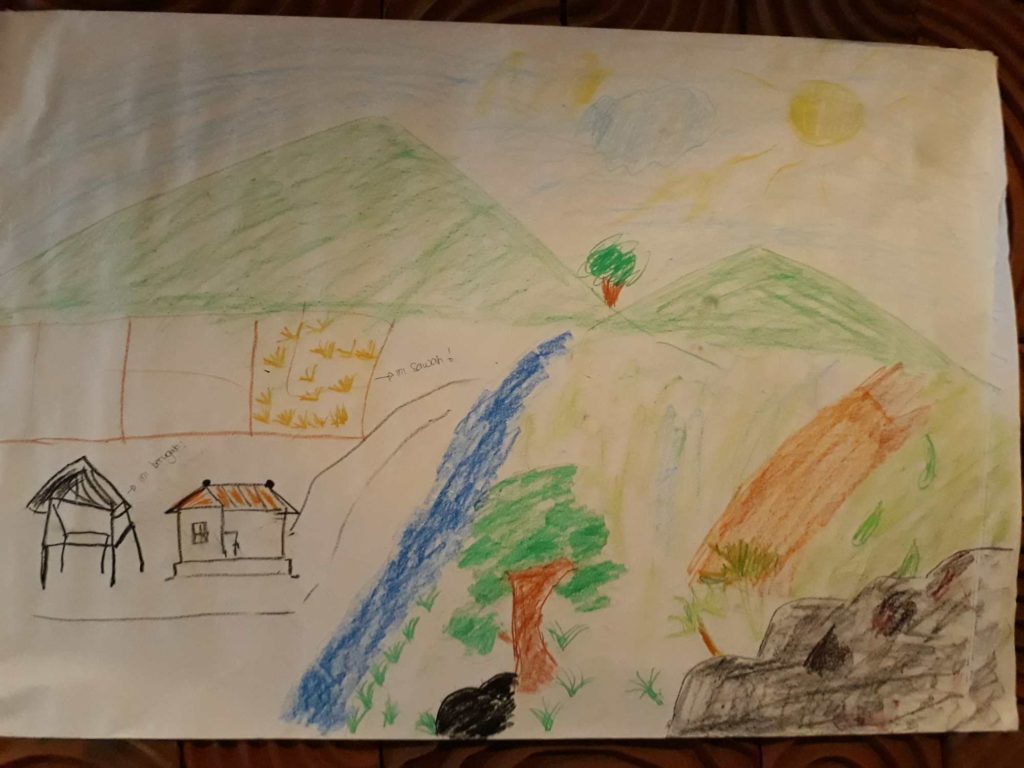West Lombok Regency ranks third as the region with the highest number of mining permits (IUP) in West Nusa Tenggara (NTB) Province. Based on data from the West Nusa Tenggara Energy and Mineral Resources (ESDM) office, there are 33 IUPs in the area with the total mining area of 4,743 hectares in 2018.

Illegal gold minings (PETI) also has been mushrooming across West Lombok Regency, mainly in Sekotong Sub-District caused by economic difficulties. At first, the illegal gold mining was only found in Kayu Putih, a sub-village area of Pelangan Village. However, as time goes by, it has spread to sub-villages nearby, namely Lendak Bare, Mahoni, and Batu Montor. A large number of people who died while mining did not stop PETI from expanding.
The mining sector has harmed the environment of the West Lombok. Excessive sand mining in the area has caused coastal erosion. It has also disrupted the activities of local fishers. Moreover, the chemicals such as mercury and cyanide used in illegal gold mining (PETI) activities have polluted the watershed and affected the health of the people living near to it.
The citizens of West Lombok have been aware of these environmental damages and how the industry threatens their health. Yet, they have no idea how to stop it.
“We don’t have any information about it (mining industries). In fact, we don’t even know whether the mine near our house is legal or not. If we ask the government or the company, they always say that that is none of our business. Information related to mining permits is rare here,” complained Jamhur, a Sekotong citizen who participated in the training on “Understanding the Community Participation in Mining Supervision” organized by PWYP Indonesia and SOMASI NTB with the support from Hivos South East Asia in March, 2019.

To help Jamhur and other West Lombok citizens, especially in Sekotong, in the training, PWYP Indonesia and SOMASI NTB provide information and increase citizens’ understanding about their rights to access public information, including mining permit documents, as guaranteed by the Public Information Disclosure Law Number 14 of 2008. With the law, citizens should not have to be afraid of intimidation from certain people anymore.
After knowing and understanding his rights, Jamhur, representing Sekotong citizens, submitted requests related to mining permits documents in West Lombok Regency to One-Stop Integrated Investment and Services Office and to the provincial Energy and Mineral Resources Office.
Jamhur requested three information to the two agencies such as: documents and list of mining permits operating in the West Lombok Regency; environmental impact assessment documents or Environmental Management Measure and Environmental Monitoring Measure documents; and information about royalties paid by mining companies.
“At least, after sending the request, we will get the information and documents needed to help us monitoring mining activities in our area. We now know the procedures the mining company should follow, and we can see whether the activities are in line with the procedures.” Jamhur explained further.

Before there were massive mining activities, West Lombok Regency was famous for its beautiful hills and mountains. Now, the hills and mountain are porous and full of mining pits. The land that was once green, is now wasted due to mining expansion. The river that was once clear, is now polluted by mining waste.
“We want to take part in monitoring the mining activities and industries because we don’t want to see further environmental damages. We hope, with our involvement, we can restore our environment like before. The mountain will be green again, the river will be no longer polluted. We can produce more crops like we did 10-15 years ago. And most importantly, we can be a more prosperous society “, said Jamhur.